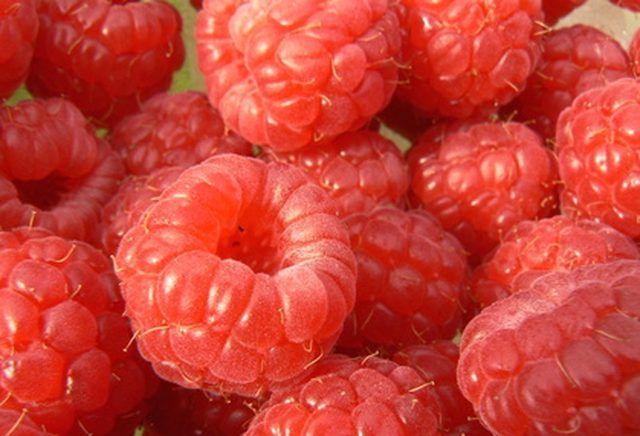Bulbs
Flower Basics
Flower Beds & Specialty Gardens
Flower Garden
Garden Furniture
Garden Gnomes
Garden Seeds
Garden Sheds
Garden Statues
Garden Tools & Supplies
Gardening Basics
Green & Organic
Groundcovers & Vines
Growing Annuals
Growing Basil
Growing Beans
Growing Berries
Growing Blueberries
Growing Cactus
Growing Corn
Growing Cotton
Growing Edibles
Growing Flowers
Growing Garlic
Growing Grapes
Growing Grass
Growing Herbs
Growing Jasmine
Growing Mint
Growing Mushrooms
Orchids
Growing Peanuts
Growing Perennials
Growing Plants
Growing Rosemary
Growing Roses
Growing Strawberries
Growing Sunflowers
Growing Thyme
Growing Tomatoes
Growing Tulips
Growing Vegetables
Herb Basics
Herb Garden
Indoor Growing
Landscaping Basics
Landscaping Patios
Landscaping Plants
Landscaping Shrubs
Landscaping Trees
Landscaping Walks & Pathways
Lawn Basics
Lawn Maintenance
Lawn Mowers
Lawn Ornaments
Lawn Planting
Lawn Tools
Outdoor Growing
Overall Landscape Planning
Pests, Weeds & Problems
Plant Basics
Rock Garden
Rose Garden
Shrubs
Soil
Specialty Gardens
Trees
Vegetable Garden
Yard Maintenance
How to Feed Raspberry Plants
How to Feed Raspberry Plants. Raspberry plants produce popular fruits, which taste delicious and provide vitamins. The berries ripen during summer and are relatively easy to care for. The plants need nutrients from the soil, which means that gardeners need to occasionally feed raspberry plants to keep them producing abundant tasty fruit. Feeding...

Raspberry plants produce popular fruits, which taste delicious and provide vitamins. The berries ripen during summer and are relatively easy to care for. The plants need nutrients from the soil, which means that gardeners need to occasionally feed raspberry plants to keep them producing abundant tasty fruit. Feeding raspberries is relatively easy with a few supplies and care steps.
Things You'll Need
Mulch
Compost
10-10-10 ratio fertilizer
How to Feed Raspberry Plants
Put a layer of mulch around the base of newly established raspberry plants, as recommended by the National Gardening Association. The mulch will smother weeds but will also release nutrients into the soil that feed the raspberry plants.
Add some composted leaves and manure around the base of newly established raspberry plants to add extra nutrients to the mulch.
Apply some 10-10-10 ratio fertilizer to the plants each year during early spring. Both Ohio State University and the University of Illinois recommend fertilizing them before spring growth begins. Use 15 to 20 pounds of fertilizer per 1000 sq. ft. or about a half cup of fertilizer per plant. Use a dry fertilizer and sprinkle it on top of the soil near the base of each plant.
Feed the raspberry plants a second time with the same 10-10-10 fertilizer a couple months after the first fertilizer application (usually in May), as recommended by Ohio State University.
Tips & Warnings
Raspberries generally do well with mulch, compost and 10-10-10 fertilizer. However, soil testing can provide information about even more specific nutrient requirements if the plants do not seem to be growing as much as they should. Local gardening stores offer at home soil testing kits, and local nurseries and universities usually also perform soil tests. Get the soil checked to see whether the raspberries could benefit from lime or sulfur to raise or lower the soil pH and whether the soil lacks any specific nutrients.